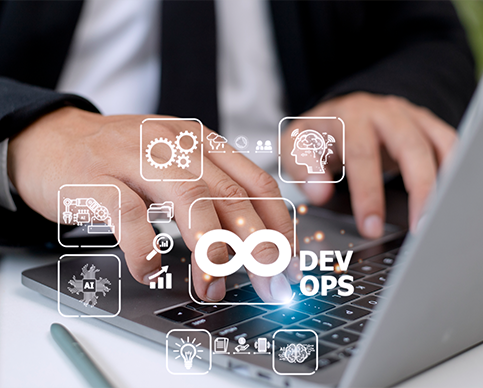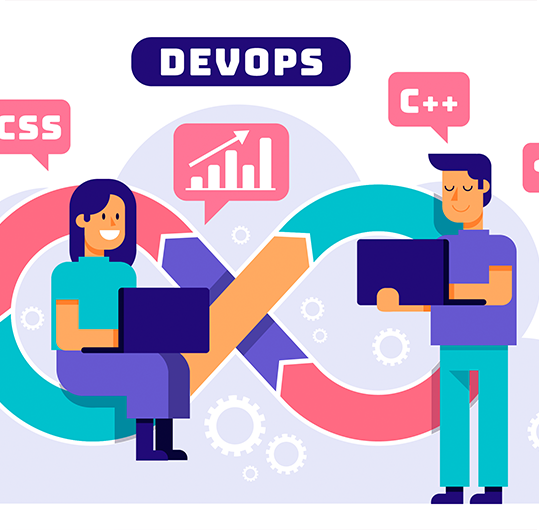This DevOps training course is designed keeping in mind the latest trends in the industry. The course focuses on creating a strong base for various DevOps tools including Git, Jenkins, Docker, Ansible, Kubernetes, Prometheus and Grafana, and Terraform. The training is completely hands-on oriented and designed in a way that will help you in becoming a certified practitioner by providing you an intensified training for the best practices about Continuous Development, Continuous Testing, Configuration Management, including Continuous Integration and Continuous Deployment and finally Continuous Monitoring of the software throughout its development life cycle.
This DevOps training course is specifically designed for:
Individuals looking to establish their credibility and value in the market as experienced DevOps Practitioners
System Administrators
Cloud Professionals
Solutions Architects
Infrastructure Architects
Site Reliability Engineers
Technical Leads
Software Engineers
Freshers
Upon completion of the DevOps training course, you will be able to:
Understand the DevOps Process and Lifecycle
Manage and keep a track of different versions of the source code using GIT
Use Jenkins and maven to build the application and integrate the CI/CD Pipeline
Manage your infrastructure using Ansible
Build and Deploy containers using Docker
Orchestrate your containerized environment with Kubernetes
Monitor and visualize your environment using Prometheus and Grafana
Provision new infrastructure using Terraform
Any Scripting Language Knowledge
Linux Fundamentals
To help you brush up these skills, you will get the following self-paced modules as pre-requisites in your LMS:
Python Scripting
Linux Fundamentals
DevOps Curriculum is curated by industry experts. The DevOps Course syllabus includes below topics:
Overview of DevOps
Version Control with Git
Git, Jenkins & Maven Integration
Continuous Integration using Jenkins
Configuration Management Using Ansible
Containerization using Docker Part – I
Containerization using Docker Part–II
Orchestration using Kubernetes Part – I
Orchestration using Kubernetes Part – II
Monitoring using Prometheus and Grafana
Provisioning using Terraform Part – I
Provisioning using Terraform Part – II
Selenium (Self-Paced)
Nagios (Self-Paced)
DevOps on Cloud (Self-Paced)
AWS EC2 and IAM (Self-Paced)
















